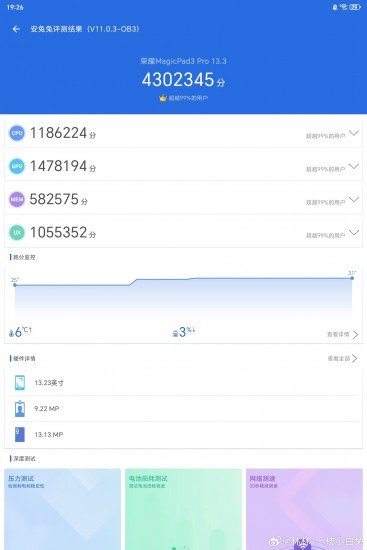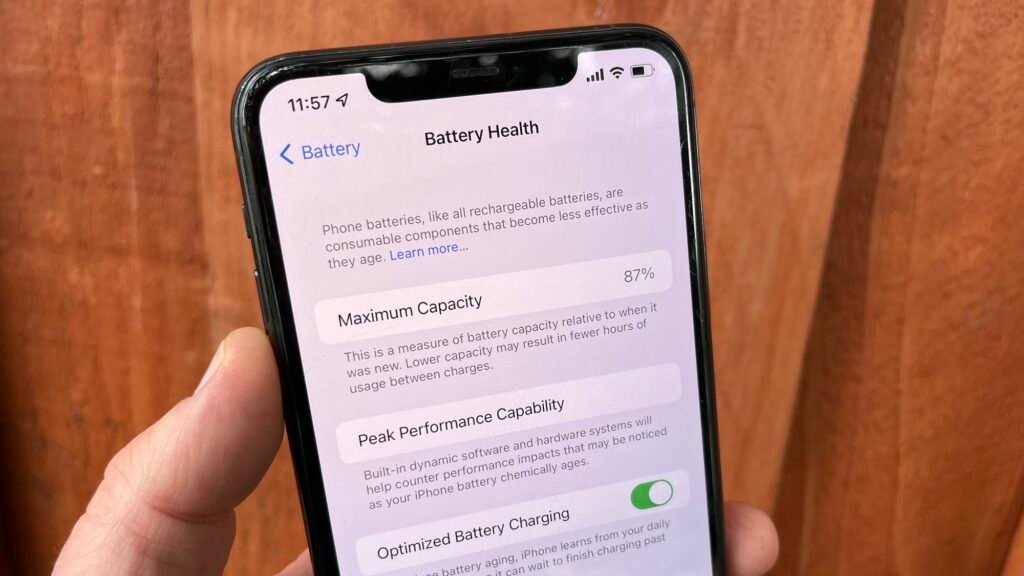In the second of a two-part series, Jiaxing Li, Aileen Chuang and Salina Li explore the effects of high interest rates and other factors on the city’s commercial property market.
In the heart of Causeway Bay, a bustling Hong Kong shopping district that was once a more expensive retail destination than Fifth Avenue in Midtown Manhattan, a commercial building with shaky financing was recently thrust onto the market.
Cubus, a mixed-use building hosting tenants including high-end sushi restaurants and hair salons, was put up for sale last month. Owners of the 25-storey building, including local real estate fund Phoenix Property Investors and an entity related to retail chain Sa Sa‘s chairman Simon Kwok, obtained a loan from lenders led by Bank Sinopac, but have been grappling with debt repayments amid a decline in rental income.
Do you have questions about the biggest topics and trends from around the world? Get the answers with SCMP Knowledge, our new platform of curated content with explainers, FAQs, analyses and infographics brought to you by our award-winning team.
As the due date nears, the owners are feeling pressure to sell the building so they can repay the money. The public tender process for the tower, which at present has more than a third of its floors vacant, started last month with an opening price of HK$1.4 billion (US$180 million) – nearly 30 per cent lower than its peak valuation of HK$2 billion.
Cubus is just one building in the city’s vast commercial real estate (CRE) market that is currently engulfed in turmoil. A key pillar of the local economy that propelled tycoons like Li Ka-shing and Lee Shau-kee into the pantheon of the world’s uber wealthy, the market has buckled under the crushing weight of China’s economic malaise, a change in Hongkongers’ consumption habits, an exodus of global firms fleeing due to geopolitical tensions and draconian Covid-19 controls, a supply glut and high interest rates that have just started to come down.
The fallout has reached far and wide, burning everyone from real estate moguls to savvy local investors, while banks are squeamish about lending and have been left holding a bag of bad debts – which are rising.
“It’s really a marketwide slump,” said Benjamin Chow, head of real assets research for Asia at MSCI. “Everybody has their own fair share of pain.”
Despite the US Federal Reserve’s rate cut this month, experts say the market might not turn the corner soon as underlying economic fundamentals remain too weak to draw big, quality tenants back. On top of that, investor confidence remains shaky.


Cubus, a mixed-use building in Causeway Bay. Photo: Sun Yeung alt=Cubus, a mixed-use building in Causeway Bay. Photo: Sun Yeung>
Overall, grade A office rents have plunged by about 38 per cent since their pre-Covid peak and are projected to fall by 7 to 9 per cent this year, according to Cushman and Wakefield. Property valuations have been dragged down – for office buildings, they are 25 per cent lower, according to MSCI – by high vacancy rates and sliding rental income.


Pedestrians walk on Russell Street in Causeway Bay. Photo: Sun Yeung alt=Pedestrians walk on Russell Street in Causeway Bay. Photo: Sun Yeung>
The retail sector is in even worse shape, with valuations plummeting about 40 per cent from recent highs, according to MSCI. Visitors from the mainland – who once thronged and spent big in the city’s luxury retailers – have dwindled since China in 2017 cut an import tax that removed Hong Kong’s price advantage on luxury items, while the economic malaise on the mainland forced more shoppers to cut back. And Hongkongers have also become more discerning, seeking cheaper alternatives out of town.
As rental incomes plummet and valuations shrink, more property owners are struggling to meet their debt obligations amid high rates, leading to a surge of distressed assets into the market. Roughly three out of four property transactions this year were distressed sales, according to CBRE.
“It’s hard to use a number to quantify the [valuation] decline because the market is so big,” said Reeves Yan, head of capital markets at CBRE Hong Kong. “But if I have to say, it will not be in terms of billions, it will be trillions.”
The distress in the commercial property market is now bleeding into the city’s financial system, which had HK$570 billion in debt exposure to the sector as of June, according to Hong Kong Monetary Authority data. Banks, long the willing financiers of the overleveraged property industry, have found themselves in a tricky spot with more of their clients teetering on the edge of default.
“No one ever saw this coming,” said Foreky Wong, a founding partner at Fortune Ark Restructuring. “The market was booming back then and these loans were really easy for banks, but now virtually no one wants to provide financing for CRE.”
Some big players in the market have already seen a deterioration in their loan books. HSBC, Hong Kong’s largest lender, reported having a total of US$3.2 billion in defaults on its books from commercial real estate lending in the city in the first half of the year, a six-fold jump from the end of 2023, according to its interim report.
In addition, Hang Seng Bank said cash flow pressures for some commercial real estate borrowers have increased as interest rates rose. That has nearly doubled the lender’s non-performing-loan (NPL) ratio to 5.32 per cent from six months ago and is the highest point in more than 30 years.
Banks are now in a precarious position because if they call the loans, their clients will likely default, which could ripple outward and metastasise into more severe problems. Instead, they prefer to work with borrowers to smooth out kinks with the hope that these do not turn sour, according to Sam Wong, an analyst at Jefferies. But this strategy leaves banks with scant wiggle room if Hong Kong’s macroeconomic picture deteriorates further, he said.
“The commercial real estate risk is going to be tough for banks to digest,” he said. “The NPL has not peaked yet for sure.”
When negotiations with troubled borrowers reach a dead end, banks find that they need to be more aggressive with their enforcement actions against distressed properties. This has triggered a record wave of receivership sales in the city, according to Glen Ho, Deloitte China’s restructuring, turnaround and cost-transformation national leader.
“We are getting more inquiries from clients, with more expensive properties coming to the market,” said Ho, whose team now oversees about US$10 billion worth of properties in receivership. “It’s a very distressed situation.”
But these kinds of disposals can prove challenging because creditors are reluctant to engage in fire sales, which is an additional drain on liquidity. Cheung Kei Center, a grade A office building that was owned by Chinese tycoon Chen Hongtian, was forced into receivership by Hang Seng Bank early last year. It is still without a buyer.
Transaction volumes for commercial properties – including offices, retail spaces, industrial properties, and hotels – amounted to around HK$20.5 billion in the first half of 2024. That was down 87 per cent from a 2018 market peak, while the number of deals has nearly retreated to a level not seen since 2008, MSCI data showed.
“No one wants to be buying on the way down,” MSCI’s Chow said. “So as long as values continue to slide, it creates a lot of uncertainty, and investors probably would be more likely to adopt a wait-and-see approach.”
Despite all the distress, Hong Kong’s commercial real estate market is not likely to spark a systemic crisis akin to what is plaguing China today. It is a much smaller and more mature market, and local developers are more conservative than their mainland counterparts – with lower leverage and greater liquidity.
“Yes there are challenges, but we do not expect to see a scale of defaults like on the mainland,” Ho said. Local companies who have been tested by the Asian financial crisis of the late 1990s and the global turmoil in 2007 and 2008, are better prepared for market fluctuations and have relatively solid balance sheets, he added.
Despite the Fed’s half-point cut, rates are still high, as commercial banks have only gone halfway to pass the cheaper funding costs on to borrowers. But down the road, an environment of lower interest rates is sure to ease the debt burdens on highly leveraged firms and provide some funding relief.
“If the easing trend is sustained, it could lower the overall financing costs, and make a significant difference in investment feasibility for commercial buildings,” said Fortune Ark’s Wong.


Plaza 2000 on Russell Street in Causeway Bay. Photo: Sun Yeung alt=Plaza 2000 on Russell Street in Causeway Bay. Photo: Sun Yeung>
But this limited relief does little to address the fundamental – and immediate – issues haunting the market. The problems of tepid demand, too much supply and unsteady confidence remain unresolved, casting a pall over prospects for the sector. On Thursday, a record loss at one of the city’s largest property conglomerates forced its CEO to step aside so the company could undertake a series of asset sales to improve its balance sheet.
“While a long-awaited rate cut cycle may provide some funding relief, we believe only stronger developers are likely to benefit from improved market access,” said Tyran Kam, senior director of Asia-Pacific corporate ratings at Fitch Ratings. He added that smaller firms have less access to funding, especially if their rental and property values are facing significant pressure.
Some businesses are taking advantage of the slump. Luxury watchmaker Omega is expanding its footprint on Russell Street, paying HK$400,000 a month for a new space, a discount of more than 70 per cent from a peak in 2018.
In the end, Hong Kong’s commercial property market needs a more robust economic recovery from the mainland and increased business confidence to stabilise – and these scenarios have yet to occur. Chow said.
“It’s a little early to call a bottom,” he said. “Probably we have to wait till sometime in 2025, but that is up in the air still.”
“The current downturn will be more lengthy, deeper, and more complicated than any cycle Hong Kong has ever gone through before,” Deloitte’s Ho said. “Everyone is cutting leverage to reduce the debt burden, and I don’t see any catalysts at the moment to reverse that trend.”
A spokesperson for Phoenix said the Cubus building is operating as usual, while a spokesman of Kwok said he was a minority stake holder and follows the decisions made by the majority.
This article originally appeared in the South China Morning Post (SCMP), the most authoritative voice reporting on China and Asia for more than a century. For more SCMP stories, please explore the SCMP app or visit the SCMP’s Facebook and Twitter pages. Copyright © 2024 South China Morning Post Publishers Ltd. All rights reserved.
Copyright (c) 2024. South China Morning Post Publishers Ltd. All rights reserved.


















